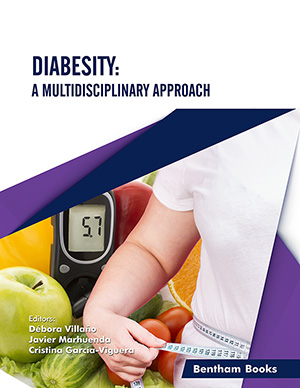
Abstract
The discovery of adult stem cells represents a milestone for the last decade research, due to their potential use in the field of regenerative therapy.
Adult stem cells exist in all human tissues because they support tissue homeostasis and help in renewal and healing processes.
Similar to human Embryonic Stem Cells (hESCs), adult stem cells are able to self-renew and differentiate into specialized cells of different embryonic germ layers. Their high plasticity makes them a good candidate in regenerative therapy. Adult stem cells may be suitable to treat common age-related diseases as neurodegenerative syndromes, heart failure, diabetes, cancer such as autoimmune diseases.
The high plasticity of adult stem cells allows them to integrate into the host tissue after transplantation. As a consequence, a new microenvironment establishes, which promotes neo-angiogenesis and healing processes. However, recent findings showed that cancer cells are able to modify the microenvironment and dictate a tumorigenic role in support of cancer onset and progression.
Altogether these findings raise some concerns about the safety of adult stem cells for treatment of cancer patients. In this review, we discuss past findings and future challenges about the development of stem cell therapies for treatment of cancer patients and examine the extent to which it would be affected by cancer microenvironment.
Keywords: Adult stem cells, cancer, inflammation, microenvironment, regenerative medicine, stem cell niche, stem cells-based therapy.
 157
157










